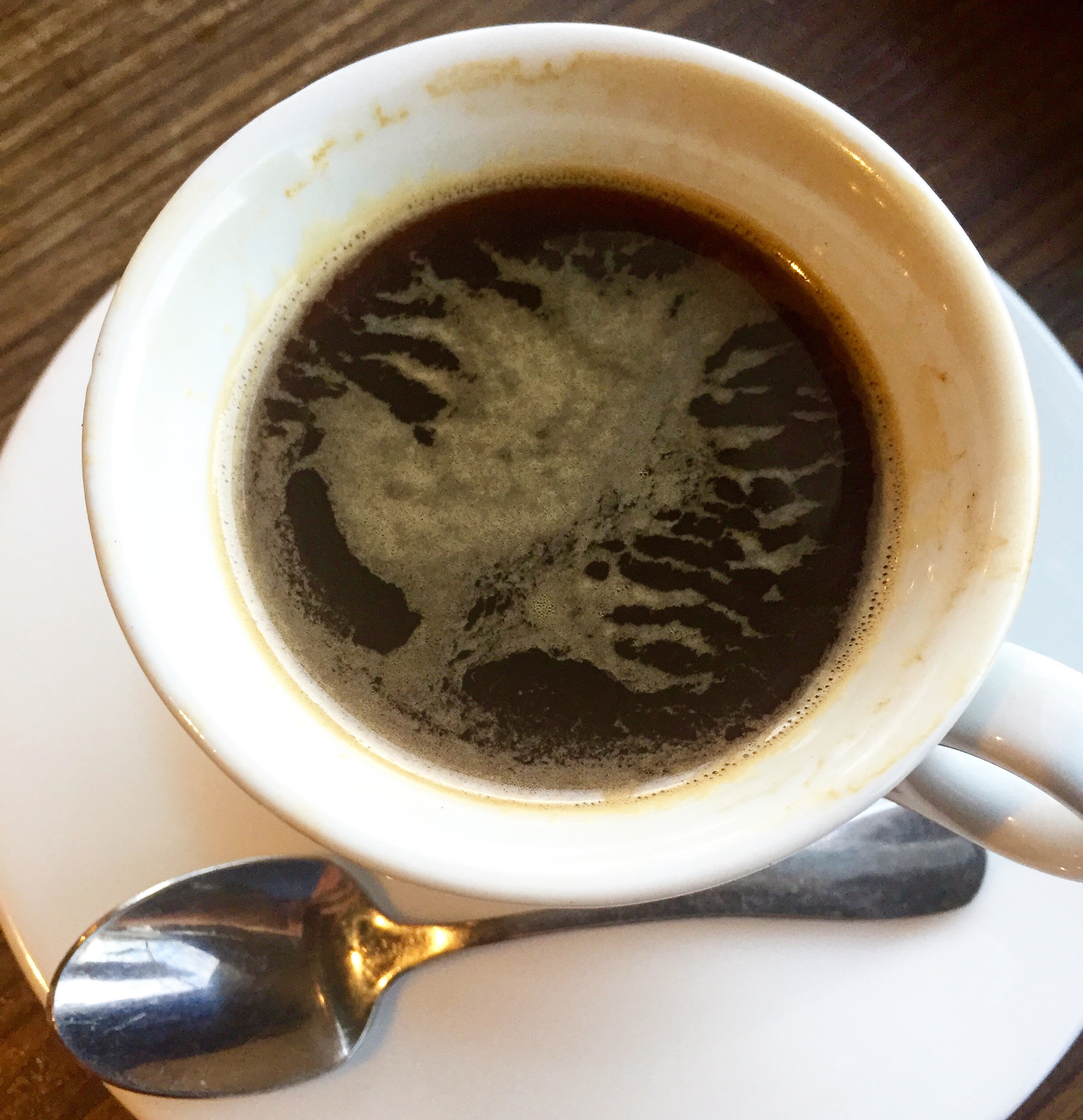Coffee is a tricky subject in the nutrition field and it seems like the research is always changing. The “pros” – Caffeine may improve anaerobic performance, boost metabolism, offer loads of antioxidants, may help reduce leaky gut, improve memory, energy, and mood. On the other hand, the “cons” – It’s addicting and gives a false sense of vitality; it disrupts quality sleep and normal circadian rhythms, can interfere with liver detoxification, and can throw our stress hormones out of whack. It’s no wonder there’s a gigantic cloud of fog around this topic.
But before we make blanket statements that coffee is good or evil, know this: it can be beneficial or harmful. It depends on the person, how that person metabolizes caffeine, the compounds in coffee, and the person’s present state of health. We don’t all respond the same way to caffeine.
That said, I’m a realist, so I don’t go around telling people to stop drinking coffee. Instead, here’s what I recommend you consider if you choose to drink coffee. The final decision is always yours:
- Choose quality coffee, that is organic and sustainable. Buy whole beans and grind it yourself if you can. You’ll never go back to the pre-ground stuff!
- Drink it black or add fat. Don’t let that scare ya. If it’s good quality (see #1), you may surprise yourself to find that freshly ground black coffee, perfectly and simply hits the spot. If you’re not a black coffee drinker and need a little something, here’s where the fat comes in. Adding fat creates flavor, creaminess, fullness, and slows the uptake of caffeine. By fat, I mean grass-fed butter, ghee, and coconut oil. Think 1:1:1 – 1 cup black coffee + 1 TBS ghee + 1 TBS coconut oil (or follow the recipe for Bullet Coffee). Puree it in a blender and serve. Whatever you do, avoid coffee mate “food products” and pre-sweetened creamers. If you need a little sweetness, a drizzle of raw honey, 100% maple syrup, stevia, or coconut palm sugar are better choices. Remember though, sugar is sugar. We should be avoiding it in the diet, or keeping it to very special occasions (not an every day thing).
- Drink 1 cup in the beginning of the day. Switch over to green/herbal teas and water throughout the day. Decaf at night is fine. (That is, if you don’t feel strongly that decaf is the devil.)
- Slow down to enjoy it. Make it part of your morning, a chance to thoughtfully enter your day.
- Drink plenty of water throughout the day and eat a well-balanced diet of whole foods. This is the most important one. Coffee is not a substitute for meals or for hydrating with water, especially since it’s a diuretic.
Finally – Check yourself. Is coffee a band-aid for a much deeper health or nutrition issue? If you are chronically tired all of the time or afraid of gaining weight, well let’s talk about that and get to the bottom of it before it potentially grows into a much bigger problem. Listening to our bodies before they have to scream at us to get our attention is key, always. You should be able to remove coffee from your diet for at least 3 weeks (or any food, for that matter). Add it back in. See how you feel and decide for yourself.
When not to drink caffeine?
I recommend against drinking caffeine if a person has adrenal fatigue, is chronically ill, under treatment, or has tendencies towards anxiety and nervousness. Also, pregnant and post-partum women should moderate their intake as well. As tasty as it may be, it does not serve you and likely creates more stress and trouble for your body than it’s worth.
There are several tasty alternative, energy-boosting beverages that can still fill a warm cup in your hands. Try reishi teas and herbal coffees.

While I don’t directly recommend coffee, I do fully appreciate that it can be a nourishing and wonderful part of your life and diet. You’ll never hear me say it’s all “bad”. It brings communities and bright ideas together. It causes us to slow down… which we all could stand to do a little more of.
Whether it be your daily cuppa joe or morning ritual of herbal tea, go for quality, simplicity, and savor each sip.
Sources:
http://www.ncbi.nlm.nih.gov/pubmed/21432699
http://www.ncbi.nlm.nih.gov/pubmed/15704241
http://www.ncbi.nlm.nih.gov/pubmed/18089957
http://www.ncbi.nlm.nih.gov/pubmed/27429596
http://whfoods.org/genpage.php?tname=george&dbid=200
